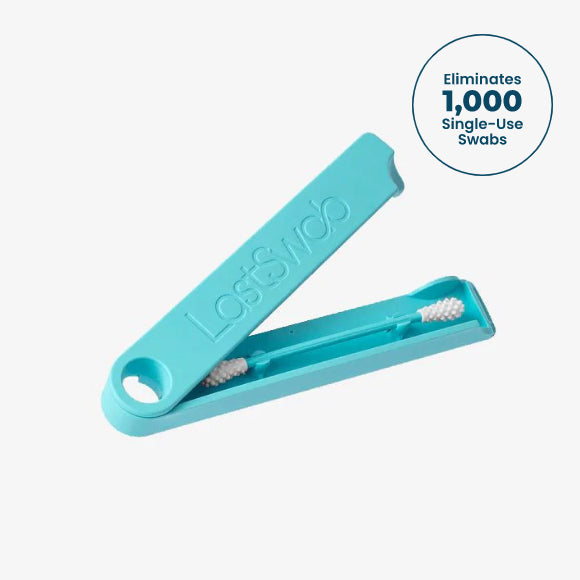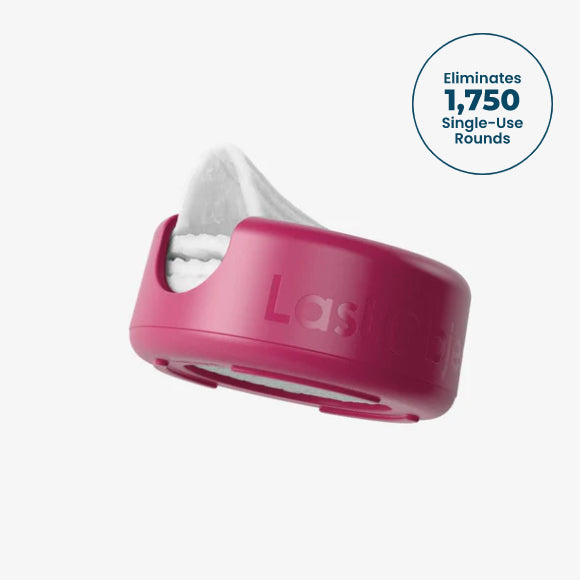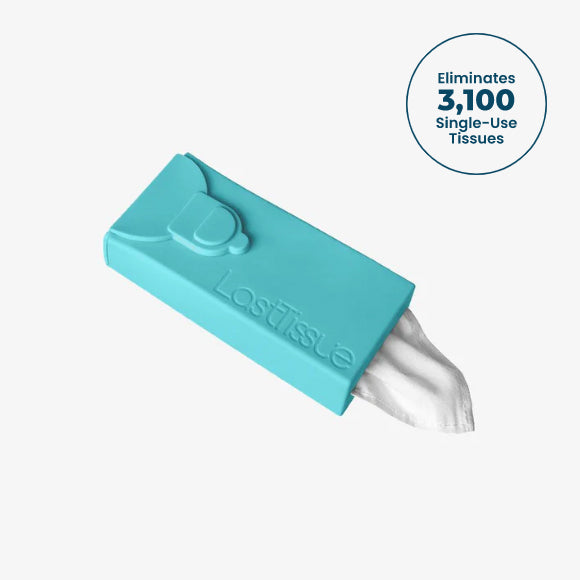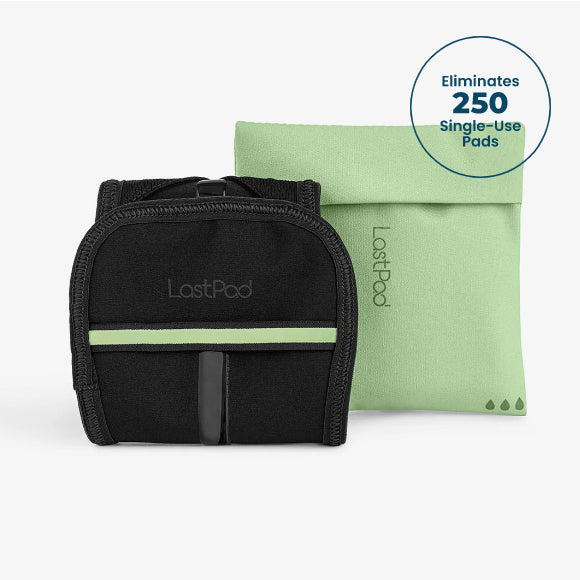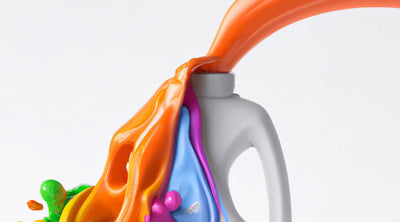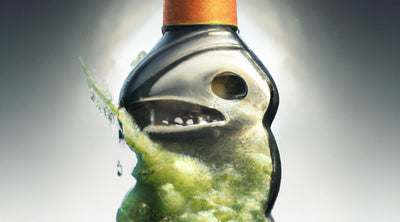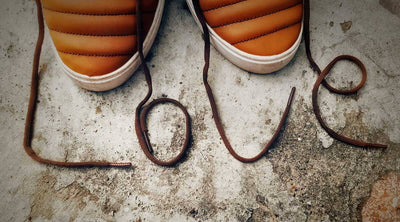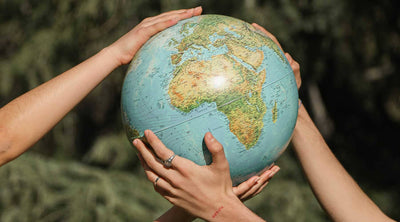Simple Living: The Original Way To Live Sustainably
09 April, 2020When we think of living a sustainable life, what do we picture?
Maybe it’s buying eco-friendly products, sustainably made clothes, and watching our waste. Maybe we are eating a certain way, or commuting by more sustainable means.
Maybe we are totally confused by all the information and can’t even imagine what a sustainable lifestyle looks like.
There is no single solution to helping the planet, but instead a combination of all sorts. But if there were to be a golden rule (or word) for sustainability, it would be this:
Less
Not less as in restricting, not less as in deficient, less as in reducing what we don’t need. Reducing what doesn’t add value.
Having less is, has been, and will continue to be, the simplest way to drastically reduce our footprint and allow the earth to heal.
When and why did we start leaving our simple lives behind?
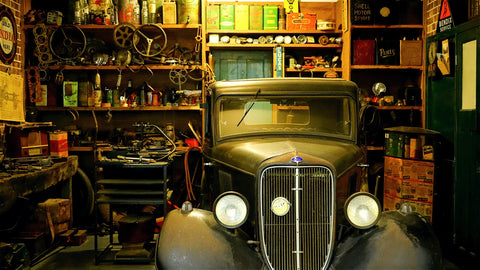
Some may say we started on this path when we began to own land for farming and trade.And because of this new and rather stagnant lifestyle, we were able to start accumulating stuff.
This could have started with new and exciting technologies like clocks and pens and fancy clothes.
Or, relatively recently when we began to “keep up with the joneses”. When we began to compare ourselves so drastically that whoever had the fanciest stuff or the biggest house had the best image.
Maybe we just like fancy things or maybe our egos are leading us to unhealthy comparison.
Whatever the past reasons for all of the unnecessary stuff, there is a common stance from the minimalist community as to why we have so much stuff now: to fill a void.
Our work and jobs have done away with essential connections like family, friends, and community. We then try and fill the void with stuff that will never fit. We may get an initial burst of endorphins, but that will quickly wear off, leaving us jonesing for the next thing to buy.
Like trying to fit a square block into a round hole.
The issues with excess
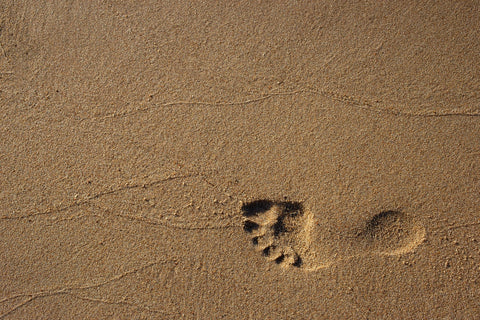
Apart from the major fulfillment issues that we have from loss of experiences, there are other issues related to having too much.
Every physical object in our lives has an impact on the earth. Everything requires resources to be made whether that be from the raw materials, energy, water, or land required.
We will always have a footprint on the earth, especially since we will always require certain things in our lives that are essential or that add value.
But when we are on our 40th pair of shoes for the year, this adds up real quick. And that’s just one person, now multiply that by say...5 billion, conservatively. That’s a lot of dang shoes.
The other issue with excess is it’s effect on us. With a lot of stuff comes a lot of clutter, with a lot of clutter comes the need for more space, and since the things we buy and the more space we need aren’t free, we’ll need to work more.
We end up working more for space we don’t use and for things we don’t need. Not to mention the massive impact those things and more space have on the planet.
“Alright negative Nancy, so what are we to do?”
Focus on what adds value
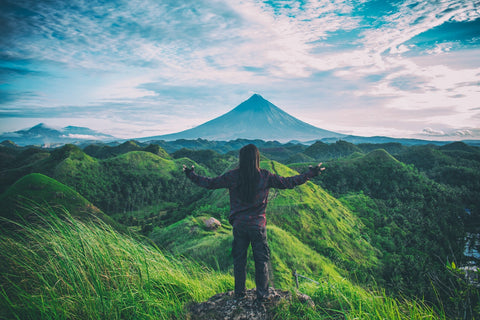
There are tons of great resources out there on simple living. Some of them books like The Story of Stuff or the podcast, blog, and books from The Minimalists.
There are tons of benefits not only from living up to our own values and helping the planet, but also from getting rid of the unnecessary and making room for the important things in our lives. Which in reality, aren’t really things at all.
The best way to live sustainably is to focus on less of the unnecessary. This can be applied to anything and everything. When we are thinking about our diet, there is plenty of food that isn’t necessary that uses tons of resources. When we are thinking of ways to get around, there may be ways that are better for the planet.
Sustainable products are still unnecessary if we don’t need them
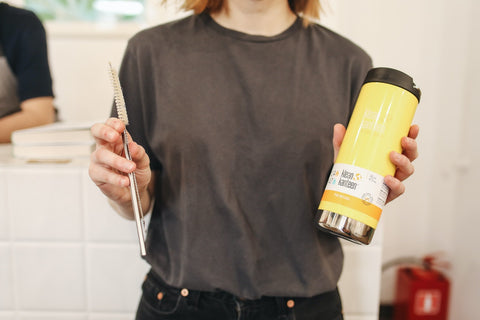
When we are looking to buy things, there are things that add value to our lives and there are things that don’t. This includes sustainable products.
Eco friendly products will not save the planet on their own. And by buying them, we aren’t necessarily fixing all of the issues. Sustainably made products are simply better alternatives to things that add value in our lives. While they have less of a footprint, we aren’t helping the earth by buying them if we don’t need them.
This includes products from LastObject. I know, how ironic, a product company telling you not to buy products, including theirs. Our products are intended to be a more sustainable and eco friendly option for those who get value from the previous single use versions.
If you have never used a cotton swab, then you probably don’t need LastSwab. If you never use tissues or napkins, you probably don’t need LastTissue. And If you never use facial rounds, you probably don’t need LastRound - reusable cotton rounds. And so forth.
For those looking to help the earth, a great way is to get rid of the clutter, say no to the unnecessary, and make room for the more essential and important things in our lives. Whether that be things, loved ones, or experiences.
Here’s to healthy and sustainable living.
MORE Sustainability 101 ARTICLES View all ›
Ready to make
the switch?
- Powerful Cleaning
- Dissolves Easily
- Skin-Friendly
- Eco-Friendly
- No Mess





